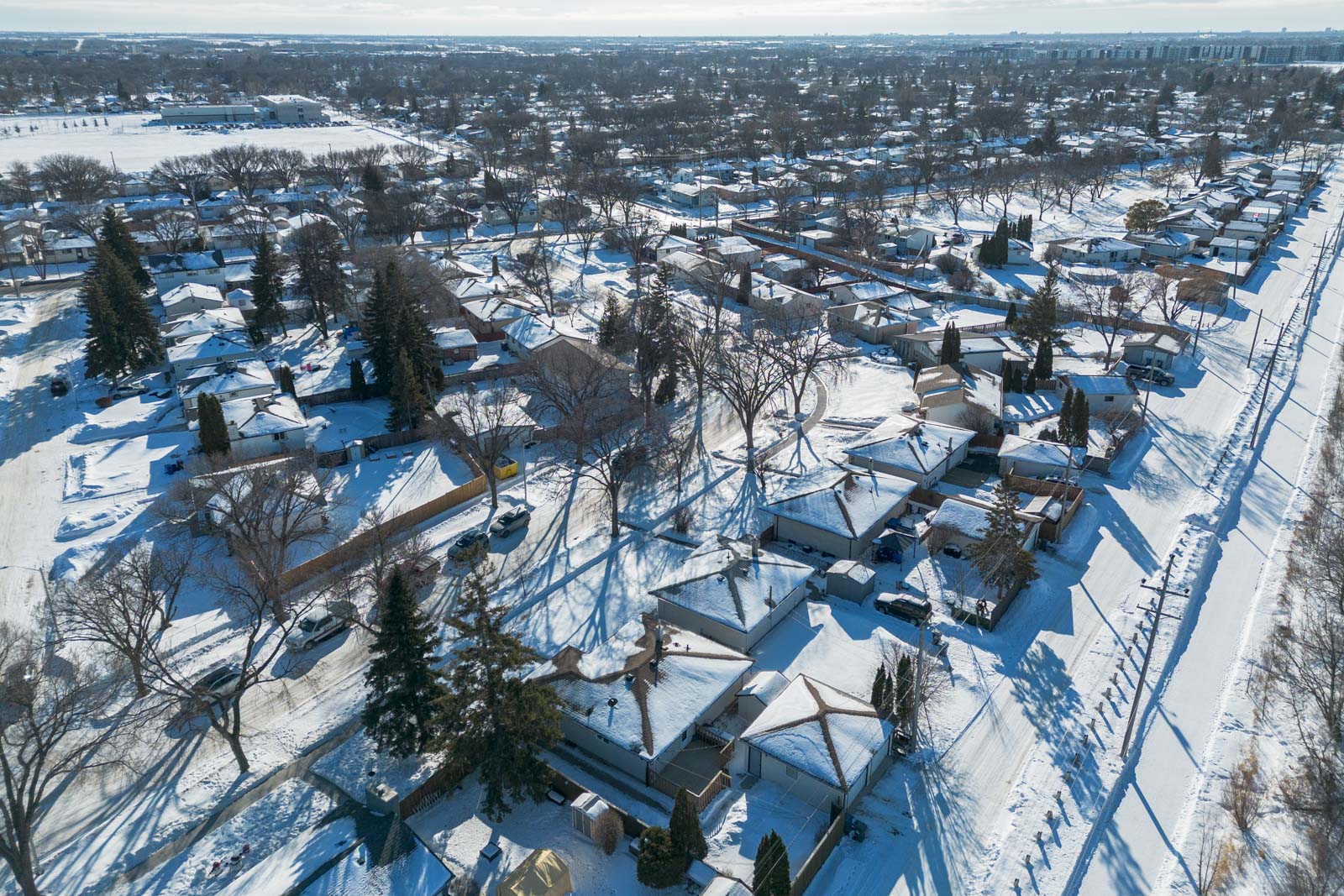The Duties of an Executor of an Estate in Manitoba: A Comprehensive Guide

When a loved one passes away, the role of executor becomes crucial in ensuring their final wishes are honoured and their estate is managed and distributed according to the law. In Manitoba, the executor, also known as the estate trustee or personal representative, has a range of responsibilities.
Understanding these duties can help executors navigate the complex process with confidence and care.
1. Understanding the Role of an Executor
The executor is the person named in a will to manage the deceased’s estate. This role involves administrative, legal, and fiduciary responsibilities. The primary duty of an executor is to ensure that the estate is settled according to the wishes expressed in the will and in compliance with Manitoba laws.
2. Initial Steps After Death
Notification and Documentation
- Secure the Will: The first duty of an executor is to locate and review the deceased’s will. It’s essential to ensure that the document is the most recent and valid version.
- Notify Beneficiaries: Executors must inform all beneficiaries named in the will about the death and their entitlement.
- Death Certificate: Obtaining multiple copies of the death certificate from the Vital Statistics Agency is crucial, as they will be needed for various administrative tasks.
If part of your duties as an executor involve selling the home of a loved one, the posts below can help:
- Considerations For Selling Your Parent’s Home In Winnipeg
- Should I Renovate My Home Before Selling?
- How Much Does It Cost To Sell A House In Winnipeg?
Securing the Estate
- Protecting Assets: The executor must secure the deceased’s property and assets. This includes ensuring homes and vehicles are locked and valuables are protected.
- Insurance: Verify that insurance policies (home, vehicle, health) are in place and notify insurers of the death.
3. Probate Process
Probate is the legal process of validating the will and authorizing the executor to distribute the estate. In Manitoba, the probate process involves:
- Filing the Will: Submit the will and a probate application to the Court of King’s Bench.
- Inventory of Assets: Prepare a detailed inventory of the deceased’s assets and liabilities, which will be submitted with the probate application.
4. Managing Estate Finances
Asset Management
- Bank Accounts: Notify financial institutions of the death and arrange to have accounts transferred to an estate account.
- Debts and Liabilities: Identify and pay any outstanding debts, including taxes, mortgages, and loans. This might involve selling assets if necessary.
Tax Responsibilities
- Final Tax Return: File the deceased’s final tax return and ensure all taxes owed are paid.
- Estate Taxes: Prepare and file any required estate tax returns. In Manitoba, while there are no estate taxes, income earned by the estate may be taxable.
5. Distributing the Estate
After all debts and taxes are paid, the executor can distribute the remaining assets to the beneficiaries:
- Follow the Will: Distribute assets according to the instructions in the will. This may include specific bequests of items or money and the division of residual assets.
- Documentation: Keep detailed records of all transactions and distributions to ensure transparency and accountability.
6. Closing the Estate
The final step in the executor’s duties is closing the estate. This involves:
- Final Accounting: Prepare a final accounting of the estate’s administration for the beneficiaries.
- Release from Beneficiaries: Obtain written approval from beneficiaries regarding the final distribution and accounting.
- Obtaining a Clearance Certificate: This certificate is proof that the deceased taxpayer has paid all amounts owing to Canada Revenue Agency under the Income Tax Act, and that CRA can not come back after the personal representative of the estate.
- Court Discharge: If an executor can’t obtain a written approval from the beneficiaries as to the executors administration of the estate, the executor can apply to the court for a discharge of the executor’s duties, officially closing the estate.
Do you want to know more about our selling services? See how Goodfellow Realty can help right here.
Challenges and Seeking Help
Being an executor can be time-consuming and complex. Executors often face challenges such as family disputes, locating all assets, or dealing with creditors. Seeking professional help from estate lawyers, accountants, or professional trustees can be invaluable in managing the process efficiently and correctly.
Serving as an executor is a significant responsibility, requiring careful attention to detail, legal knowledge, and empathy. In Manitoba, executors must navigate a detailed process to fulfill their duties properly. By understanding these responsibilities and seeking appropriate guidance, executors can ensure the deceased’s wishes are honored and the estate is managed with integrity and efficiency.
For those taking on the role of an executor, it’s important to approach the task with diligence and care. Proper planning, clear communication with beneficiaries, and professional advice can make the process smoother and more manageable.
Do you have questions about handling an estate sale? Our knowledgeable and empathetic team of Winnipeg real estate agents can help. Reach out today to info@goodfellowrealty.com or call 204-224-2551 to take the first step.
Want to Learn More?
Reach out today. You can call us at 204-224-2551, email us at info@goodfellowrealty.com, or complete the form below.


